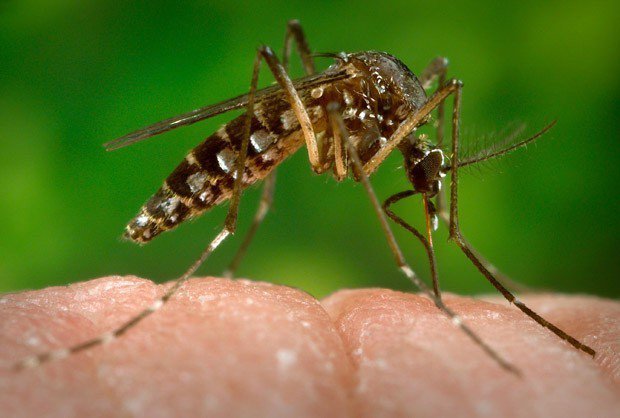Between three and four million people could be infected with Zika virus in the Americas in 2016, the World Health Organization (WHO) predicts.
Most will not develop symptoms, but the Zika virus, spread by mosquitoes, has been linked to brain defects in babies.
Meanwhile the US says it hopes to start vaccine trials in people by the end of the year.
According to WHO director general Dr. Margaret Chan, Zika had gone “from a mild threat to one of alarming proportions”.
Dr. Margaret Chan has set up a Zika “emergency team” after the “explosive” spread of the virus.
The emergency team will meet on February 1 to decide whether Zika should be treated as a global emergency.
The last time an international emergency was declared was for the Ebola outbreak in West Africa, which has killed more than 11,000 people.
Zika was first detected in Uganda in 1947, but has never caused an outbreak on this scale.
Brazil reported the first cases of Zika in South America in May 2015.
Most cases result in no symptoms and it is hard to test for, but WHO officials said between 500,000 and 1.5 million people had been infected in Brazil.
The virus has since spread to more than 20 countries in the region.
At the same time there has been a steep rise in levels of microcephaly – babies born with abnormally small heads – and the rare nervous system disorder Guillain-Barre syndrome.
The link between the virus and these disorders has not been confirmed, but Dr. Margaret Chan said it was “strongly suspected” and was “deeply alarming”.
She also warned the situation could yet deteriorate as “this year’s El Nino weather patterns are expected to increase mosquito populations greatly in many areas”.
One hospital in Recife, north-east Brazil, had gone from dealing with an average of five cases of microcephaly a year to 300 in the past six months.
Earlier, doctors writing in the Journal of the American Medical Association said Zika had “explosive pandemic potential” and said the WHO’s failure to act swiftly on Ebola probably cost thousands of lives.
In a statement to the executive board meeting of the WHO, Dr. Margaret Chan said: “The level of concern is high, as is the level of uncertainty.
“Questions abound – we need to get some answers quickly.
“For all these reasons, I have decided to convene an Emergency Committee.
“I am asking the Committee for advice on the appropriate level of international concern and for recommended measures that should be undertaken in affected countries and elsewhere.”
Officials from the US National Institute of Health (NIH) said they had two potential Zika vaccines in development.
One that is based on an experimental West Nile vaccine could be repurposed for Zika and enter clinical trials by the end of 2016, Dr. Anthony Fauci from NIH said.
Dr. Anthony Fauci said talks were already taking place with pharmaceutical companies, but a vaccine would not be widely available for several years.
Meanwhile Dr. Anne Schuchat, from the Centers for Disease Control (CDC) confirmed there had been 31 cases of Zika in the US – all linked to travel to the affected areas.
At a news conference, White House spokesman Josh Earnest said the US response to the virus so far had been “consistent with the kind of threat that could be out there”.
“At this point, here in the United States, the risk of a disease spread by mosquitoes is quite low, the January temperatures in North America are quite inhospitable to the mosquito populations.”
“But, obviously that’s going to change,” he added.
Dr. Carissa Etienne, the regional-director for the WHO Pan American Health Organization, said the link between the abnormalities and Zika had not been confirmed.
https://www.youtube.com/watch?v=WaM7kfK_iME
